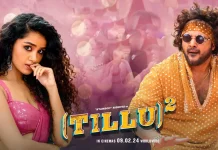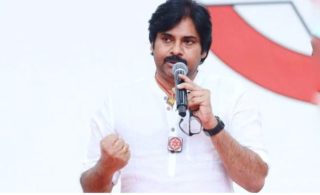Full & Final : షణ్ముఖ్, సంపత్.. ఖిలాడీ బ్రదర్స్ | Shanmukh Jaswanth
Recent Random Post:
Did We Miss An ‘Animal’ & ‘Kabir Singh’ Crossover?

Sandeep Reddy Vanga has become a name synonymous with bold filmmaking and audience provocation. His movies, gritty and intense dramas often with complex male protagonists, have garnered both immense popularity and fierce criticism. This essay will explore Vanga’s rise to prominence, the impact of his films, and the controversies that surround them.
Vanga’s career began with the Telugu film “Arjun Reddy” (2017), a story of a self-destructive medical student caught in a passionate but volatile relationship. The film, praised for its raw portrayal of emotions, resonated with young audiences, particularly men, who saw the protagonist as a rebellious anti-hero. The success of “Arjun Reddy” led to its Hindi remake, “Kabir Singh” (2019), starring Shahid Kapoor. “Kabir Singh” shattered box office records, solidifying Vanga’s status as a commercially successful director.
However, Vanga’s films have also been heavily criticized for their portrayal of masculinity and gender dynamics. The male characters, while undeniably charismatic, often exhibit anger issues, possessiveness, and violence towards women. Critics argue that these portrayals normalize toxic behavior and reinforce harmful stereotypes. Vanga himself has been embroiled in controversy for past comments justifying violence against women.
Despite the criticism, Vanga’s films continue to captivate audiences. His latest project, “Animal” (2023) starring Ranbir Kapoor, became a blockbuster, further cementing his box office pull. Vanga reportedly considered a crossover scene between the protagonists of “Kabir Singh” and “Animal,” suggesting a potential cinematic universe built around these controversial characters.
Sandeep Reddy Vanga’s films are undeniably impactful. They spark conversations, ignite passion among fans, and raise important questions about masculinity, relationships, and societal norms. Whether his work ultimately serves as a cautionary tale or an unintentional glorification of toxicity remains a point of contention. Regardless, Vanga has established himself as a powerful voice in Indian cinema, one that is guaranteed to keep audiences engaged and divided for years to come.














